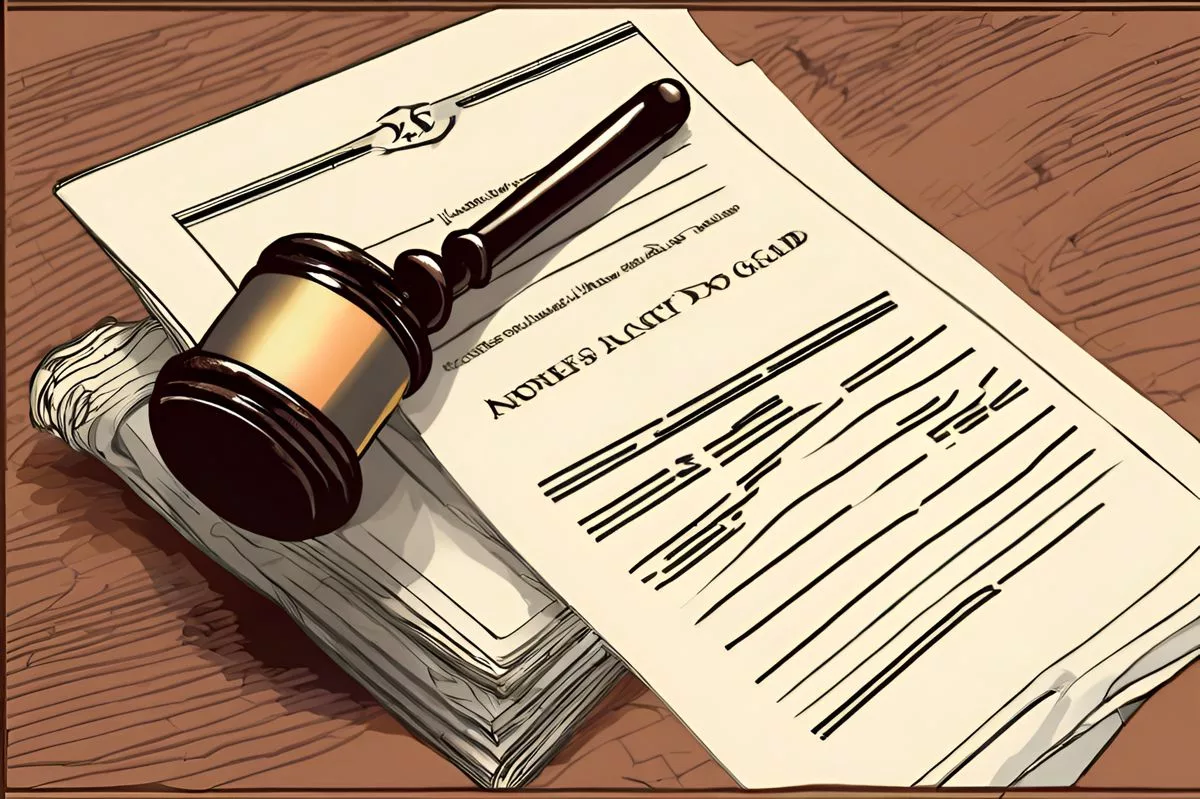The Passenger Rail Agency of South Africa (PRASA) suffered huge financial losses due to a corrupt deal with Vossloh and Swifambo Rail Leasing for 70 unsuitable locomotives. The Supreme Court deemed the contract corrupt, but investigations into the deal are ongoing. Vossloh greatly benefited from the deal, transforming the company’s financial future while leaving PRASA and South African commuters to suffer the consequences. The investigation into the scandal is slow and complex, and unresolved questions remain, presenting a formidable challenge for the revival of South Africa’s rail system.
The Passenger Rail Agency of South Africa (PRASA) suffered catastrophic financial losses due to a R3.5-billion deal with Vossloh and Swifambo Rail Leasing for 70 locomotives. Despite the trains being unsuitable for South African railways, PRASA disbursed R2.7-billion to Swifambo for the faulty trains. The Supreme Court of Appeal later upheld a High Court verdict, declaring the contract corrupt and Swifambo a façade for Vossloh, who received R1.8-billion from PRASA. Investigations into the deal are ongoing.
The Heart of a Scandal
In the realm of South Africa’s railway network, the Passenger Rail Agency of South Africa (PRASA) comes to the forefront. The year 2012 witnessed a major turning point as PRASA came into an agreement that led to catastrophic financial losses amounting to billions of rands. This disastrous deal was a primary catalyst in the deterioration of passenger rail services in South Africa. Central to this controversy were two key parties: Vossloh, a European railway technology company, and Swifambo Rail Leasing, a shell company. Their actions resulted in a scandal that pushed PRASA to the brink of collapse.
The Inception and Consequences of the Deal
The chronicle began in 2012 when business interactions between Swifambo and Vossloh España, a Spanish subsidiary of Swiss railway stock manufacturing firm Stadler, began to draw attention. The primary objective of the agreement was to provide PRASA with 70 locomotives, a contract worth a staggering R3.5-billion. The German-based rail technology company, Vossloh AG, was the proprietor of Vossloh España at that point. The locomotives, dubbed the Afro4000, were projected to enhance long-distance passenger services across South African cities.
Nonetheless, a shocking discovery quickly surfaced—the trains were unsuitable for South African railways due to their excessive height. Despite this significant defect, PRASA ended up disbursing R2.7-billion to Swifambo for the faulty trains.
Legal Retribution and Financial Fallout
In 2018, the Supreme Court of Appeal upheld a Johannesburg High Court verdict that deemed the contract corrupt. It was declared that Swifambo was merely a façade for Vossloh in the transaction. As a result, Swifambo was voluntarily liquidated in the same year.
Remarkably, Vossloh received R1.8-billion out of the R2.7-billion that PRASA paid to Swifambo. Numerous investigative reports portrayed a bleak image of corruption, with Vossloh reaping significant benefits from the crooked contract, even surpassing Swifambo’s director, Auswell Mashaba.
Vossloh: A Beneficiary in Disguise
Vossloh’s Early Gains
Before the controversy surrounding the Afro4000 was exposed, Vossloh had already gained financially from PRASA through its German offshoot, Vossloh Kiepe. In 2012, Vossloh Kiepe supplied 272 air conditioning units to PRASA, a transaction worth €80-million, under dubious conditions.
The Impact of the Deal on Vossloh
When scrutinizing the larger picture, it’s clear that Vossloh greatly benefited from the deal with PRASA. Vossloh’s annual report for 2011/2012 showed a 5.7% decrease in sales. Yet, in 2013, after securing the contract with PRASA, the company witnessed a surprising surge in orders by over 37% to €453-million. The order for 70 locomotives from South Africa contributed more than half of the orders Vossloh received that year.
This profitable alliance with PRASA seemingly served as a revival for Vossloh, transforming the company’s financial future while leaving PRASA and South African commuters to suffer the consequences.
The Investigation: A Slow March to Justice
The Role of Makhensa Mabunda
A reputed businessman, Makhensa Mabunda, is speculated to have orchestrated the Swifambo/Vossloh deal with PRASA. Payments made by Vossloh to Mabunda and his enterprises were marked as suspicious in a 2017 report by the Reserve Bank.
Investigation Status and International Interest
Despite the scandalous revelations, the investigation process appears sluggish and complex. As per the National Prosecuting Authority (NPA), the case is ‘still under investigation’ even though the Hawks had previously stated that the investigation was ‘90% complete’. PRASA’s spokesperson, Andiswa Makanda, remains confident that their case is receiving due attention from the Hawks and has pledged full cooperation with the law enforcement agencies involved in the investigations.
The Special Investigating Unit (SIU), which investigates matters on the instruction of the Presidency, has announced that its primary focus is the Swifambo contract. Investigations into Mashaba and PRASA are currently in progress.
Spanish authorities have also expressed interest in the case, submitting a Mutual Legal Assistance (MLA) request to South Africa concerning an investigation into Vossloh España and other entities involved in the deal. Makhensa Mabunda figures among the individuals identified in the Spanish MLA request.
Unresolved Questions and the Path Forward
Despite all these developments, the quest for justice seems to have hit a roadblock, with PRASA still struggling to recover the funds needed to enhance services for commuters. The Swifambo case has highlighted a plethora of issues, spanning corruption to mismanagement, presenting a formidable challenge for the revival of South Africa’s rail system.
As the scandal continues to unravel, the focus now shifts to Mabunda, the man allegedly behind the Swifambo deal. His exact role and potential benefits from the deal are yet to be fully revealed. As we continue to explore this complex saga of corruption and misconduct, our subsequent article will delve into Mabunda, who appears to have played a significant role in shaping the current plight of South African commuters with the rail system.
1. What was the corrupt deal that led to the financial losses of PRASA?
The corrupt deal was between PRASA and Vossloh and Swifambo Rail Leasing for 70 unsuitable locomotives, which led to a loss of R3.5-billion for PRASA. The Supreme Court later deemed the contract corrupt, but investigations into the deal are ongoing.
2. What were the consequences of the deal for PRASA and South African commuters?
The deal resulted in catastrophic financial losses for PRASA, leaving it struggling to recover funds to enhance services for commuters. The trains were unsuitable for South African railways, and despite the defects, PRASA disbursed R2.7-billion to Swifambo for the faulty trains.
3. Who were the parties involved in the deal?
Vossloh, a European railway technology company, and Swifambo Rail Leasing, a shell company, were the key parties involved in the deal.
4. What were the financial gains for Vossloh from the deal?
Vossloh greatly benefited from the deal, receiving R1.8-billion out of the R2.7-billion that PRASA paid to Swifambo. The contract with PRASA resulted in a significant surge in orders for Vossloh, contributing more than half of the orders the company received in 2013.
5. Who is Makhensa Mabunda, and what is his role in the scandal?
Makhensa Mabunda is a reputed businessman who is believed to have orchestrated the Swifambo/Vossloh deal with PRASA. Payments made by Vossloh to Mabunda and his enterprises were marked as suspicious in a 2017 report by the Reserve Bank.
6. What is the current status of the investigation into the scandal?
Investigations into the scandal are ongoing, with the case still under investigation by the National Prosecuting Authority. The Special Investigating Unit is focusing on the Swifambo contract, while Spanish authorities have also expressed interest in the case and submitted a Mutual Legal Assistance request to South Africa concerning an investigation into Vossloh España and other entities involved in the deal.












